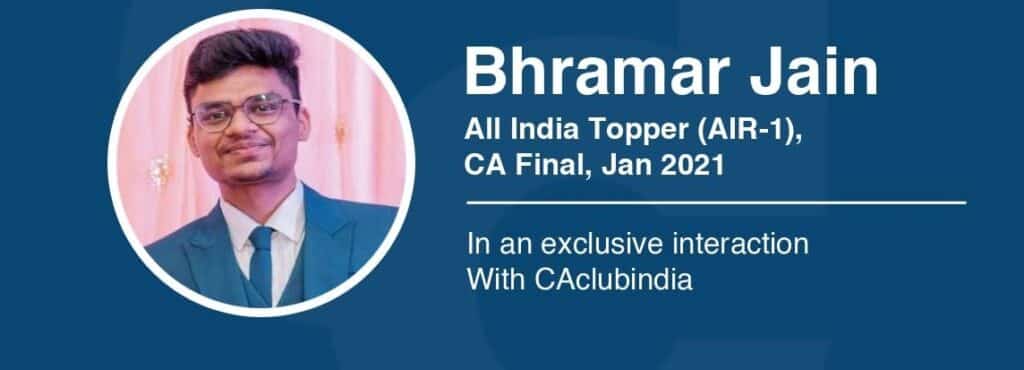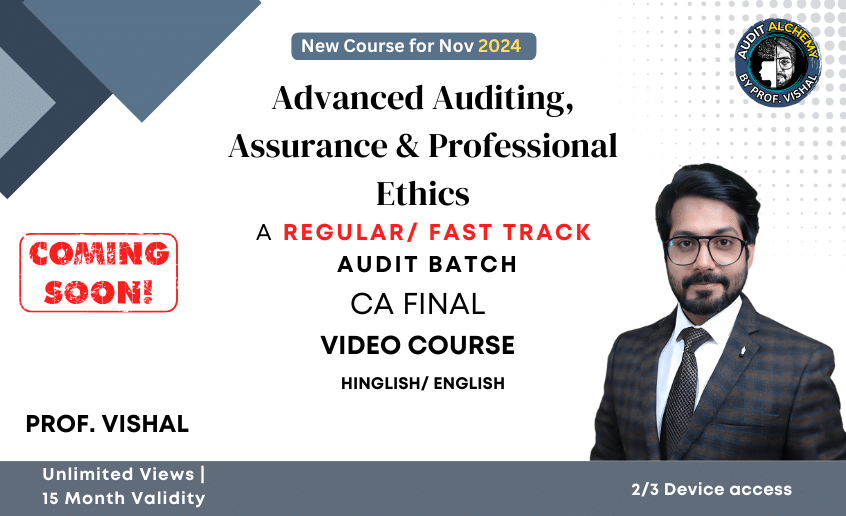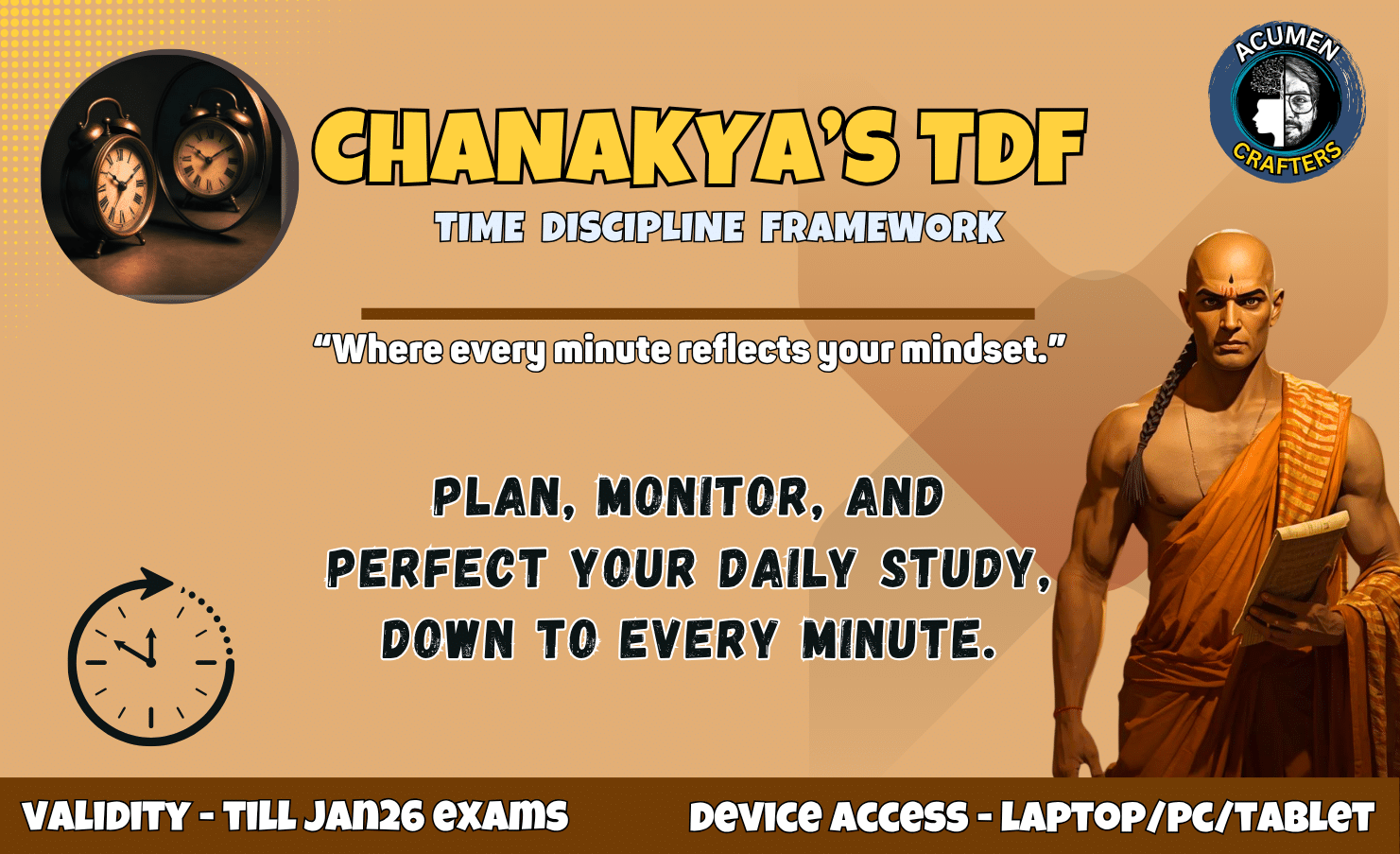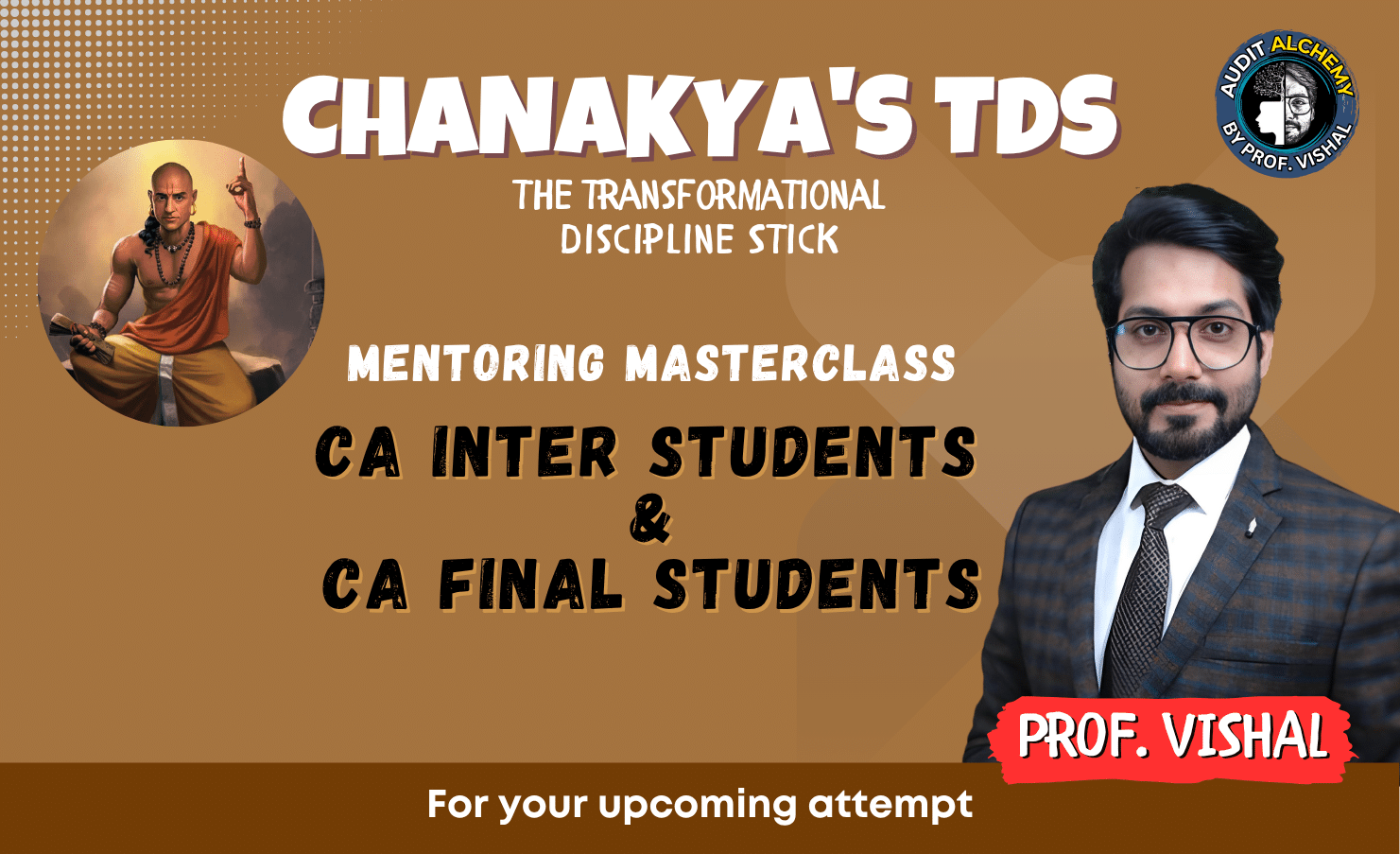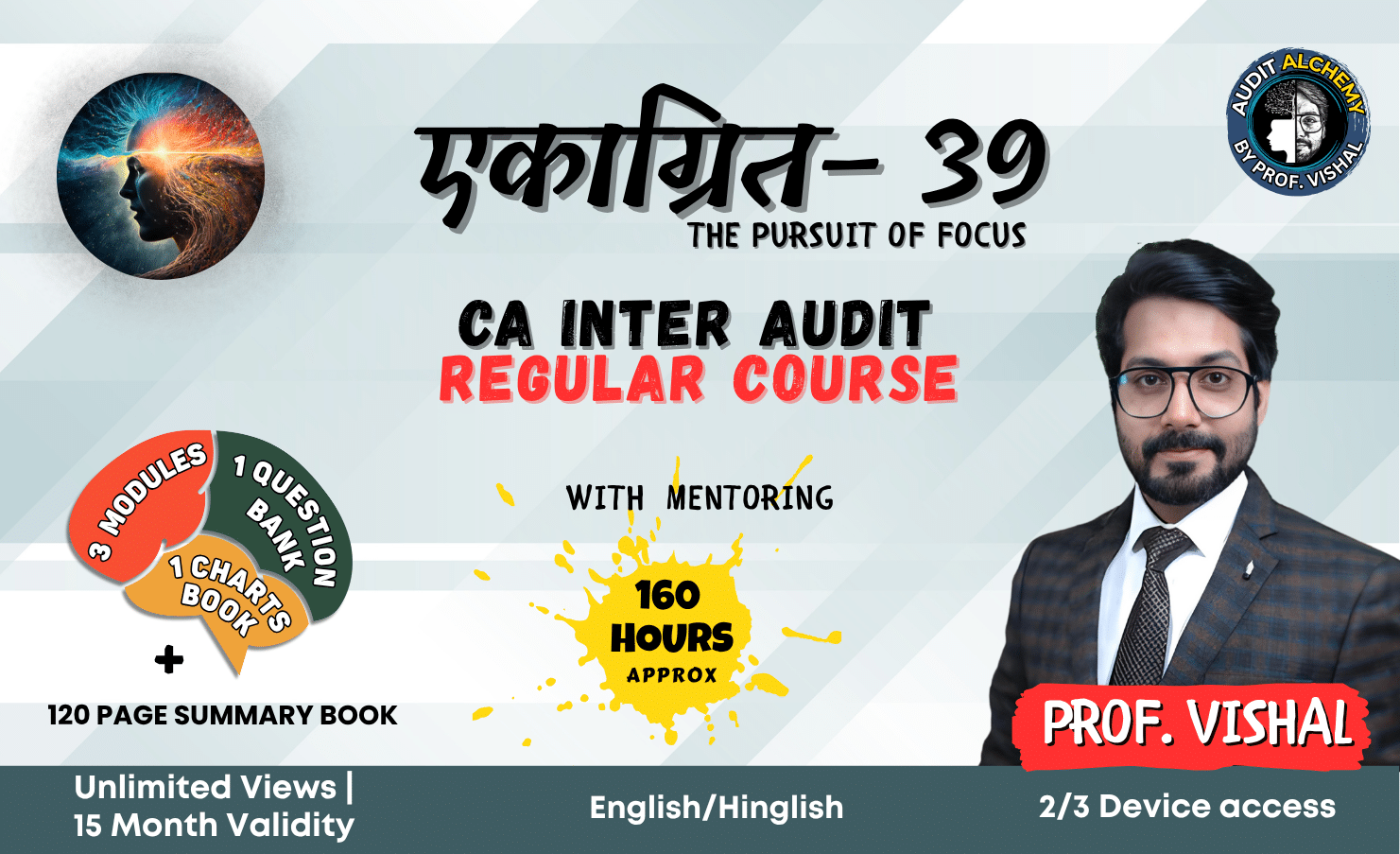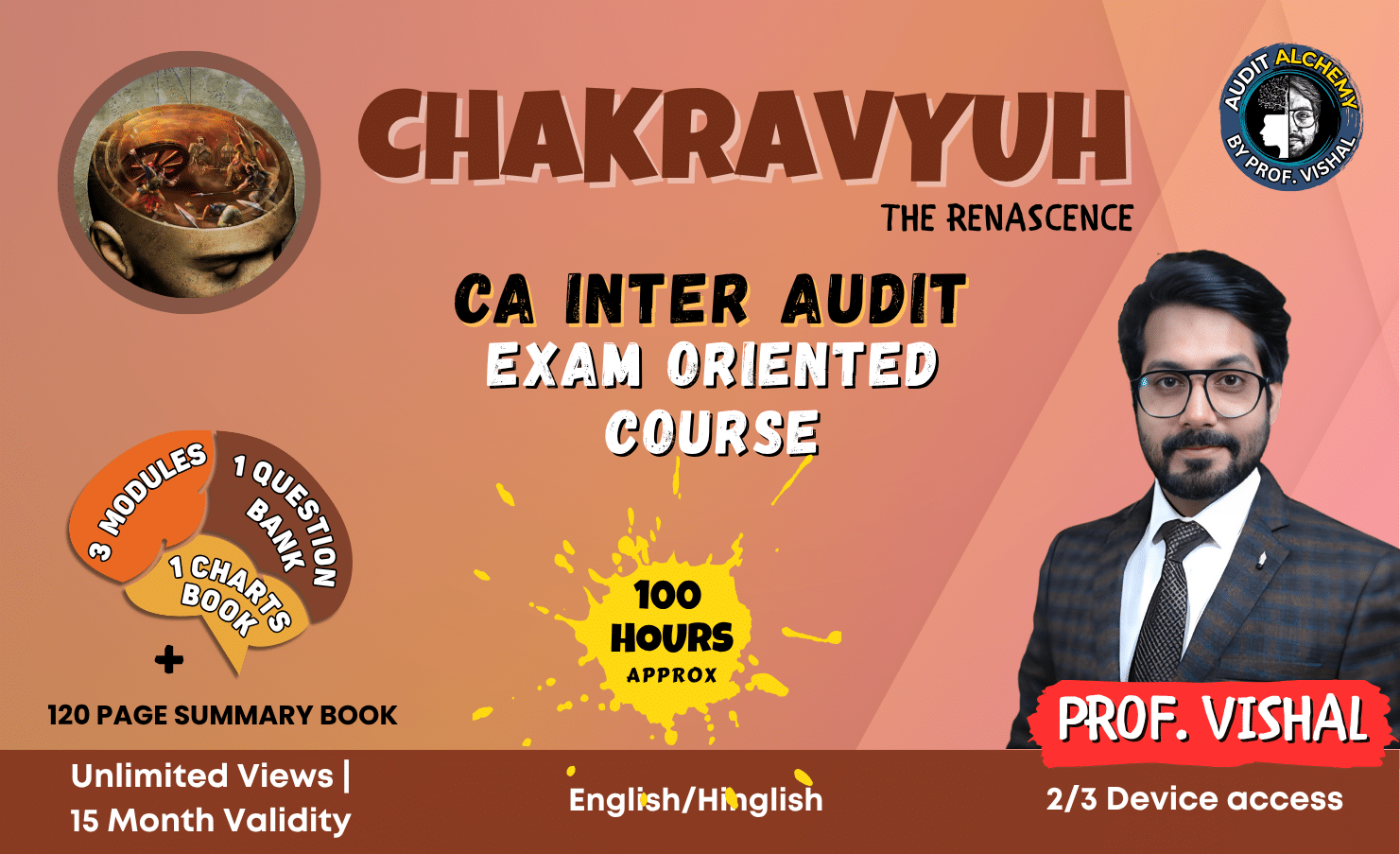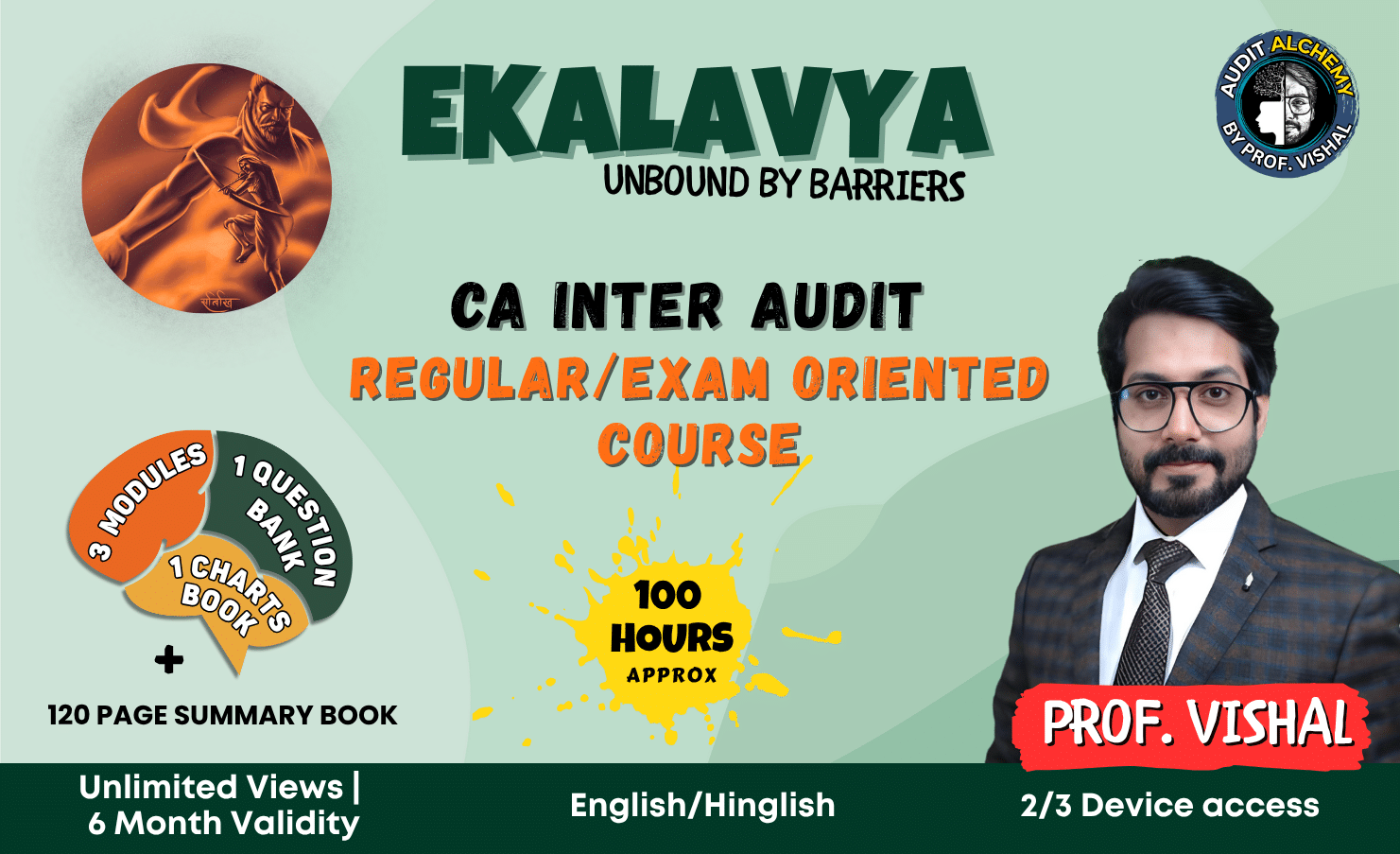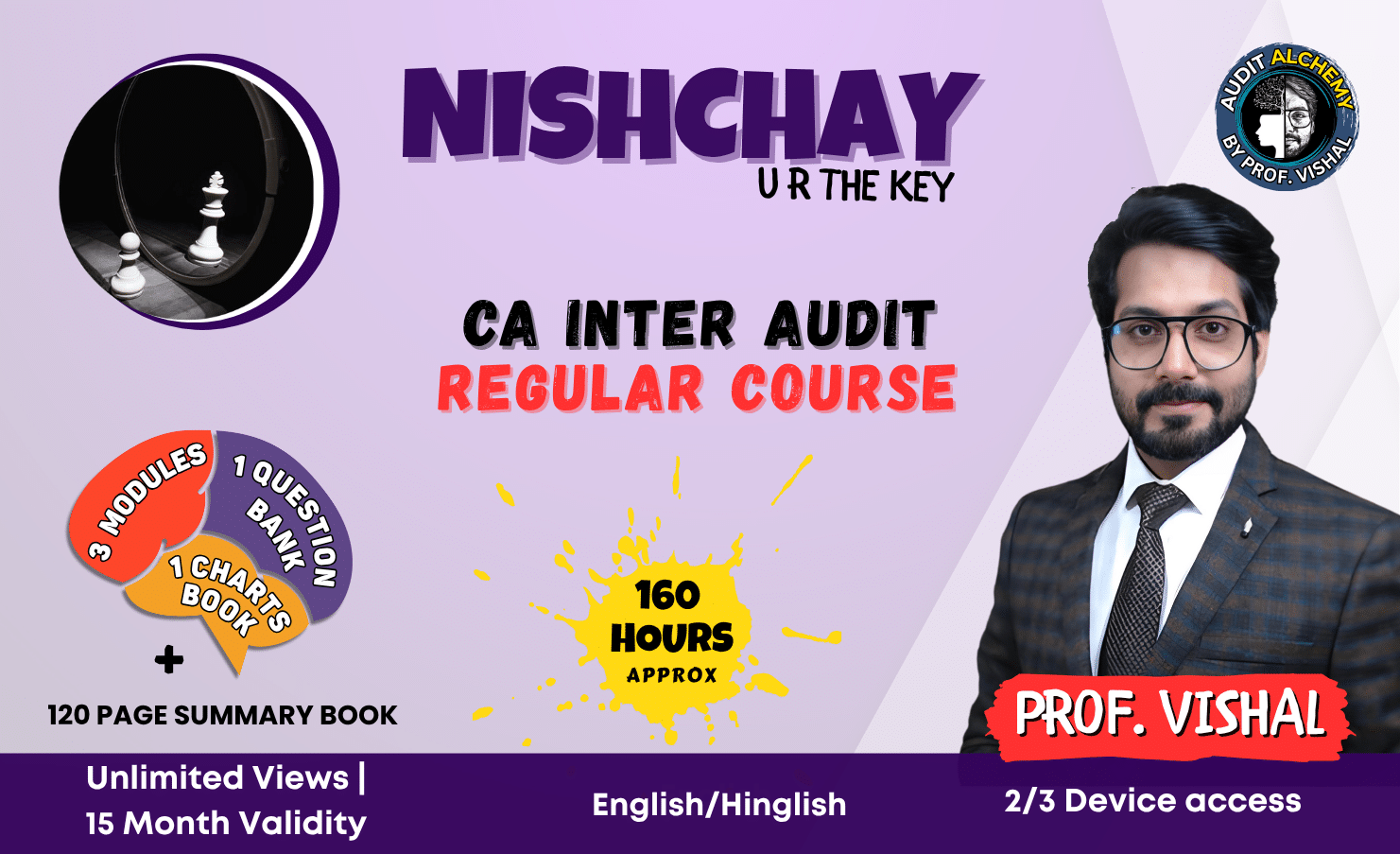In a recent interview with Bhramar Jain, who secured the All India Rank-1 (AIR-1) in the January 2021 CA Final Examination, we explored his insights into success, emphasizing the significance of concise summaries, consistent efforts, and the importance of a supportive circle of friends. He also shed light on the role of co-curricular activities and time management in boosting productivity during study hours.
Interview with Bhramar Jain
We extend our warmest congratulations to Bhramar Jain on his remarkable achievement, securing AIR-1 in the CA Final, January 2021. Interviewer: Thank you for joining us.
Interviewer: How are you feeling right now? Has the reality of being AIR-1 sunk in yet?
Bhramar: I’m absolutely thrilled and overjoyed. As for it sinking in, it’s a bit of a mixed feeling. The past three days have been a whirlwind of interviews and calls. So, it hasn’t fully sunk in, but at the same time, it’s starting to feel real as I interact with various people and officials.
Interviewer: Did you receive a call from the President of ICAI?
Bhramar: No, I haven’t received a call from the President yet. The result was originally scheduled to be released on Sunday, so perhaps he’s yet to reach out to me.
Interviewer: How did you discover that you had secured AIR-1, and what was your immediate reaction?
Bhramar: The results typically come out around 1 PM in the afternoon, but this time they were delayed until 10 PM. That day was quite frustrating, and I went to bed thinking I would have to wait until the next day for the results. However, just before sleeping, I decided to check the website one last time, and to my surprise, the results were out. My family was already asleep at that point, and it took me a few minutes to enter my roll number and captcha ID. When my results appeared, I saw the score of 613. I immediately woke up my brother and asked him to check the merit list, and there it was, AIR-1. It was an incredible moment.
Interviewer: You didn’t get to share the news with your parents that day?
Bhramar: I woke them up right away to share the news. They were completely astonished. My mother had been concerned about whether I would pass the exams, so they were absolutely thrilled. My brother even posted a status, and that night was filled with phone calls.
Interviewer: While preparing for your exams, did you anticipate achieving a rank? Did you have a specific rank in mind?
Bhramar: I had set my sights on securing an All India Rank right from the beginning. When I started preparing for the May 2020 exams, I was determined to meet everyone’s expectations. However, with the postponements and uncertainties surrounding the exams, my optimism about achieving a rank diminished. I shifted my focus to simply passing the exams, so securing AIR-1 was a pleasant and unexpected surprise.
Interviewer: You were originally scheduled to take the May 2020 exams, but you opted for the January 2021 exams instead of the November/December 2020 attempt. Can you explain why?
Bhramar: At the end of September, I contracted COVID-19, along with my entire family. I was hospitalized for 7-8 days, and it took some time to recover. Given the prevailing fear of COVID at that time, my family and I decided it would be safer to take the exams in January 2021, as ICAI had provided that option. So, I chose to skip the November 2020 attempt due to health concerns.
Interviewer: Could you share some information about yourself?
Bhramar: I was born and raised in Raipur, Chhattisgarh. I completed my schooling and CA IPCC course in Raipur. Later, I ventured to Delhi for about 8-9 months during my articleship period to gain exposure. I completed my articleship at TR Chadha & Company LLP. Afterward, I returned to Raipur and completed the remaining part of my articleship in my father’s office. It’s worth noting that my father, brother, and sister-in-law are all Chartered Accountants, so I come from a family with a strong CA background.
In my leisure time, I enjoy reading novels, playing PC games, and indulging in binge-watching, like most people. I’m also passionate about sports, particularly cycling and trekking.
Interviewer: Given that several members of your family are Chartered Accountants, did you receive significant guidance from them?
Bhramar: Yes, I definitely received substantial guidance from my family members.
Interviewer: Can you share your strategy for preparing for both theory and practical subjects?
Bhramar: During my articleship period, I made it a priority to complete my syllabus at least 5-6 months before the final exams. For both practical and theory subjects, I heavily relied on creating summaries. I made my own summaries for every subject and chapter. If a teacher provided a summary, I would customize and enhance it to create my personal summary. During subsequent readings, I focused on my self-made summaries and practiced questions rather than referring to class books. I found this strategy to be highly effective. Additionally, for theory-based subjects, I recommend creating story-based mnemonics that encompass entire words rather than just their initials.
Interviewer: What was your study schedule like? Did you study for extended periods or take regular short breaks?
Bhramar: During the period when I prepared for the Nov’19-May’20 exams, I adhered to a specific schedule. I would complete one subject before moving on to the next. If I couldn’t finish a subject, I wouldn’t start another. I aimed to study for 10-11 hours a day. To ensure productivity, I would set aside my phone when studying and use a stopwatch to track my study time. Even if I got distracted for a minute, I would pause the stopwatch to measure my actual productive hours. On average, I managed around 10 hours per day, which proved to be quite sufficient.
Interviewer: Did you take planned breaks, like studying for 2 hours and then taking a break?
Bhramar: I’m somewhat flexible when it comes to breaks. It depends on my mood and the nature of the subject I’m studying. If a chapter takes 3-4 hours and I find it engaging, I might not take a break in the middle. I prefer to complete the chapter and then take a break. There wasn’t a fixed pattern; it depended on my mood and the complexity of the material.
Interviewer: You have various hobbies, such as playing PC games and reading novels. How important do you think it is for CA students to engage in co-curricular activities?
Bhramar: Engaging in co-curricular activities is vital for CA students. It’s nearly impossible to study for 12 hours straight in a room every day. The human brain requires variety and refreshment. I strongly recommend incorporating exercise into your routine, such as morning exercises, meditation, or yoga. Additionally, pursuing personal interests like reading, playing musical instruments, or participating in physical activities can greatly enhance productivity. Even if you spend less time studying, the quality of those hours is what matters most.
Interviewer: The COVID-19 period was demotivating for many students. How did you stay motivated during that time?
Bhramar: The COVID-19 period was undoubtedly challenging and demotivating due to uncertainties about exam dates. I realized that I was wasting a lot of time, so I became more conscious of it. I identified the sources of distraction and cut them out. For me, one of the primary distractions was Twitter, so I completely stopped using it. I believe that during unexpected situations, taking 1-2 hours to identify and eliminate distractions can be incredibly helpful.
Interviewer: What message would you like to convey to CA Inter students who have just received their results?
Bhramar: I want to emphasize that the CA syllabus is vast, and we put in a tremendous amount of effort. However, exams are only for 100 marks, and luck and the types of questions matter too. If you receive a negative result, it doesn’t reflect your capabilities or technical knowledge. Your self-worth is known to you, and I urge you not to be demotivated or underestimate yourself after seeing your results. Whether the result is positive or negative, stay motivated and immediately begin preparing for the next attempt.
Interviewer: Is there anything you’d like to share with the CA Community through us?
Bhramar: Certainly. I have a success mantra that I’d like to share, and it consists of three essential pillars for success in CA examinations:
• Consistency: Attend your classes regularly, and don’t miss them unless absolutely necessary. Consistency is vital, especially since CA courses often don’t involve regular college classes.
• Summaries: Given the extensive syllabus, creating personal summaries and notes for every subject is crucial.
• A Supportive Friend Circle: It’s challenging to study alone for the CA exams, and it can be frustrating. Building a strong support network with fellow students for discussions, sharing mnemonics, and group studies can be highly beneficial.
If you follow these three pillars, I’m confident that you’ll achieve success.
Interviewer: Thank you for sharing your journey and valuable insights with us. We wish you the best of luck in all your future endeavors.
Bhramar: Thank you.

